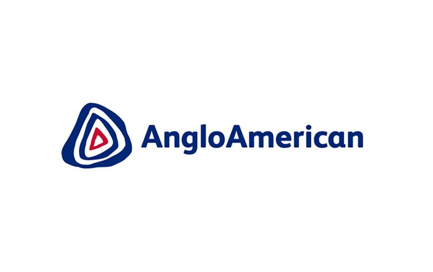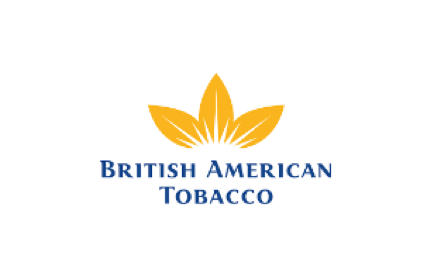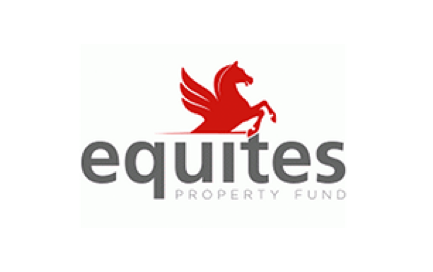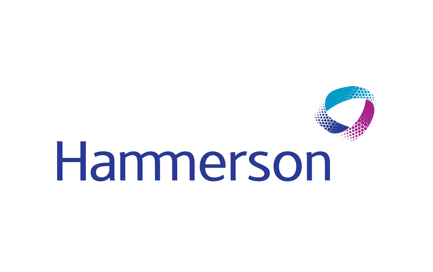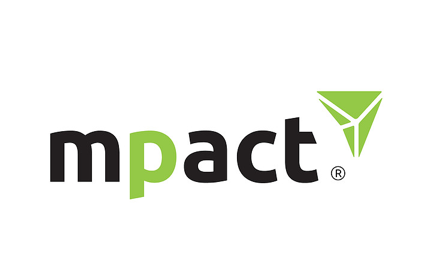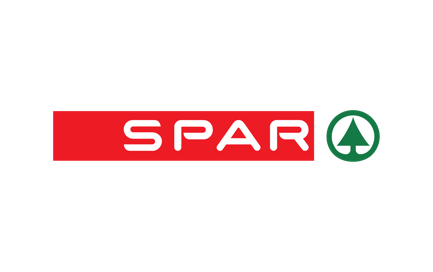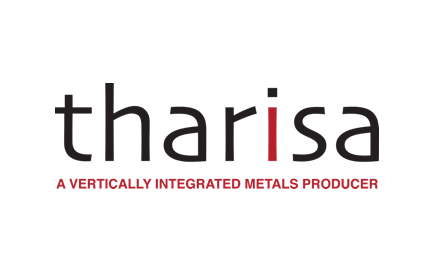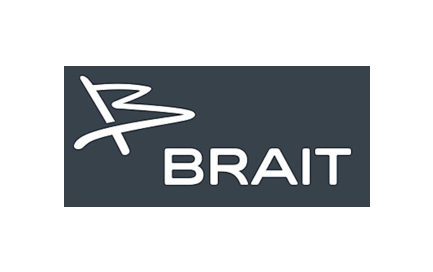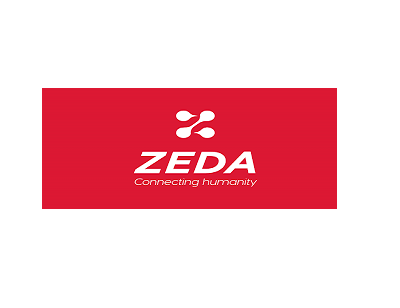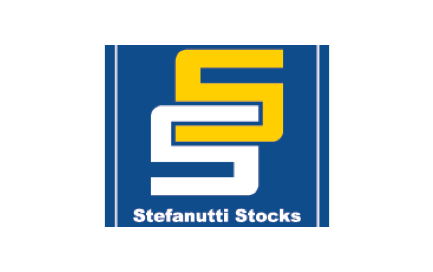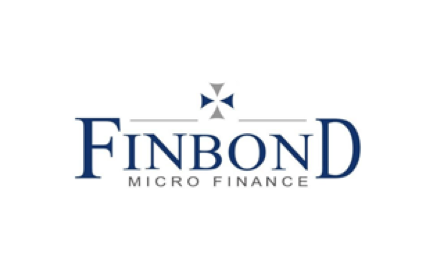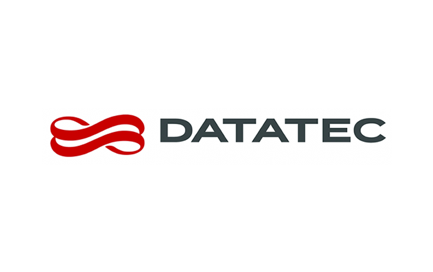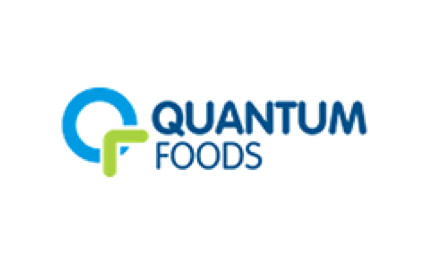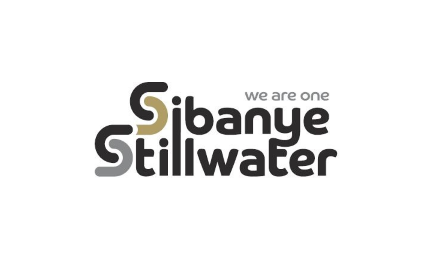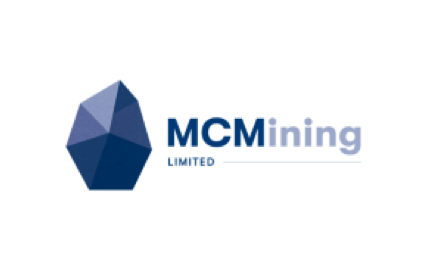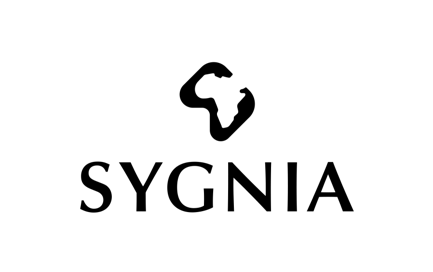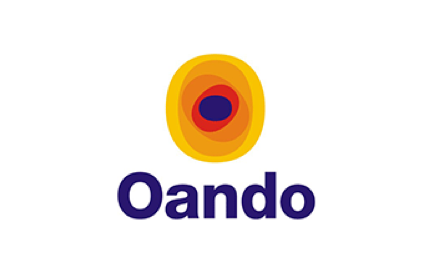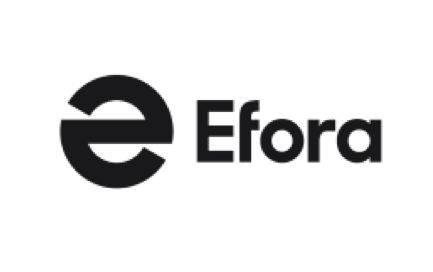Get the latest recap of JSE news in the Ghost Wrap podcast, brought to you by Mazars:
Copper and iron ore are the highlights at Anglo American (JSE: AGL)
And there’s a substantial impairment at Woodsmith
Anglo American has released interim results for the six months to June. Group EBITDA margin was 33%, which gives useful context to outperformers like copper (53%) and premium iron ore (43%). Remember, margins don’t tell you anything about year-on-year moves. For example, EBITDA from copper was up 36.6% but EBITDA from iron ore fell by just over 20%. They might be higher margin businesses, but they had two very different trajectories in the latest period.
This is only part of the complexity at Anglo American. Another challenge is understanding the real drivers of performance in the group. De Beers gets lots of attention for how much pressure it is under at the moment, yet that segment only contributed $300 million in EBITDA – or well less than half of PGMs. In fact, the drop in iron ore year-on-year was more than the entire contribution from De Beers!
Although group EBITDA only fell by 2.6%, the impact of higher impairments and restructuring costs led to Anglo American actually reporting a net loss to shareholders for the period! The major impairment related to Woodsmith, with $1.6 billion recognised due to a decision to slow down development of the project.
Even with the impairment excluded, HEPS fell from $1.35 to $0.42 for the period.
As has been well documented in the aftermath of BHP sniffing around the company, Anglo American is transforming itself into a copper, iron ore and crop nutrients business. It therefore tells you how tough the outlook is that despite wanting to be in crop nutrients as a key vertical, Anglo has had to scale back those plans for the time being to deleverage the balance sheet.
British American Tobacco manages a small uptick in adjusted earnings (JSE: BTI)
The share price is pretty much where it was ten years ago
For British American Tobacco, it’s all about two things: (1) ESG consultants coming up with snazzy concepts like a Smokeless World and (2) dividends. If you’ve ever stood next to someone vaping, you’ll know that smokeless clearly means different things to different people.
The way this company defines them, the Smokeless categories contribute 17.9% of group revenue, up 140 basis points vs. the prior year. It’s all about getting smokers to migrate from cigarettes to the new products with reasonably awkward category names, like Modern Oral. They are collectively called the New Categories and the ambition of achieving £5 billion in sales by 2025 is in doubt, with the company blaming this on lack of enforcement against illicit single-use products in the US and the disposal of the businesses in Russia and Belarus in 2023.
Those issues are the causes of higher amortisation charges, as well as a drop in revenue as the group is comparing this period to a previous period that included the Russians. Reported revenue is down 8.2% and organic revenue fell 0.8%. New Categories revenue fell 0.4%.
Adjusted organic profit from operations fell by 0.9%, yet reported diluted earnings per share jumped 13.8% due to once-off items and net finance costs. On an adjusted basis at constant currencies, earnings per share increased 1.3%. That’s the right number to keep in mind.
The other all-important metric is cash conversion of profits, which came in at 78.4% on an adjusted basis, up 560 basis points. As reported, it was 74.3%, up just 17 basis points. Adjusted net debt fell by 12.4%. These two things lead to stronger dividends, which is really the only reason why anyone invests in this stock. Full year guidance is for operating cash flow conversion in excess of 90%.
There are three more quarterly dividends of 58.88p per share before the dividend will hopefully be increased once more. This is because the company declares an annual dividend that is then split into four payments.
The UK leaves a bitter taste for Equites Property shareholders (JSE: EQU)
The grass isn’t always greener on the other side
To be fair, having recently travelled to the UK, I can confirm that it is very much greener thanks to all the rain they get. As for investment returns though, it’s never a guarantee that developed market assets outperform emerging market assets. Far from it, in fact.
Equites Property Fund has concluded a deal to get out of the Equites Newlands Group development platform. This includes various steps related to sales of entities that hold interests in certain sites. It’s not a full exit though, as there are three properties excluded from the transaction that will be continue to be held jointly with Newlands.
Essentially, this recycles capital from land investments and allows Equites to repay debt. It’s a double-whammy from a cash flow perspective when you’re paying debt costs and the land on the other side isn’t generating a cash return.
Here’s the bad news: the price is £10 million and the carrying value value of the sites as at July 2024 was £17.3 million. Furthermore, the payment of the £10 million is deferred for a potentially long time, as £4 million is linked to profits due to Newlands when the excluded sites are developed.
Although these aren’t huge numbers in the context of a R10.6 billion market cap fund, it’s still a disappointing loss of shareholder value.
Hammerson reckons the worst is behind them (JSE: HMN)
The Value Retail disposal hopefully signals the start of better times
UK property fund Hammerson has been through quite a time, with three years of turnaround initiatives behind it. The latest interim period might make you believe otherwise, with a sharp drop in the net tangible asset value per share and a significant loss for the period.
If you read closely, you’ll see that they recognised a substantial impairment on the disposal of Value Retail, a deal which will generate £600 million in proceeds while cleaning up the balance sheet and bringing the loan-to-value (LTV) down to 25%.
In other words, this was hopefully the last painful financial period for the group. The interim dividend increase of 5% for the period certainly suggests that they are feeling more confident.
Going forward, they believe that the dividend should grow at between 6% and 8% per year. Assuming stable valuation yields for the properties, they believe the annual shareholder return should be 10%. Remember, this return is in hard currency, so it isn’t directly comparable to a rand-based return.
The Competition Commission overhang is finally off Mpact (JSE: MPT)
The market doesn’t like uncertainty in any form
Mpact has had a cloud over its head for a while around the Competition Commission investigation and what the outcome could be. The allegations pertained to historic anti-competitive conduct between Mpact and New Era in relation to the supply of paper for a relatively short period of time.
Mpact’s approach of co-operation with the Commission led to no penalty being sought against the company by the regulator. It’s worth noting that New Era has settled the complaint with the Commission without any admission of liability.
This issue has now been put to bed, as has a slip-up around non-notification of deals before 2011. The settlement for the latter issue came to R7 million.
The overhang is now gone and the market doesn’t need to worry about a potentially major knock from this investigation.
PPC’s disposal of CIMERWA has achieved COMESA approval (JSE: PPC)
This could be the catalyst for a special dividend by PPC
PPC announced the disposal of CIMERWA in Rwanda back in November 2023 and had already received the $42.5 million in cash on 25 January 2024 when the deal closed. In an unusual transaction structure, this deal carried a condition subsequent rather than a condition precedent. This is an “unscramble the egg” clause that reverses the deal if a condition isn’t met.
That condition was approval by COMESA, the competition authority with jurisdiction across many African countries. The great news is that the approval has been received, so the deal is now done and dusted.
The board is determining the best capital allocation approach going forward, which may include a special distribution. Nothing is certain until a formal announcement, so don’t bank on it happening.
Is a deal for Spar Poland just around the corner? (JSE: SPP)
There does seem to be progress towards a potential transaction
It hasn’t been a secret for a long time that Spar has wanted to get out of the disastrous foray into Poland. On 12 June, the company announced that it had signed key salient terms with a third party for a potential sale of the Polish assets.
Although no deal has been concluded yet, a renewed cautionary notes that they are at an “advanced stage” in negotiating the terms and conditions. If they can pull off an even halfway decent deal, I suspect it will be met with much approval by the market.
Tharisa is wheeling and dealing – energy, that is (JSE: THA)
I find wheeled renewable energy fascinating
I don’t know why I get such a kick out of renewable energy being transmitted from one part of South Africa to another through Eskom’s grid. It’s kinda obvious when you think about it, as Eskom does the same thing with its power stations – and with far more consistency these days. Still, I enjoy the thought of the sun shining and the wind blowing in the Western and Northern Cape and that energy being used to power Tharisa’s mining operations up in the platinum belt in the North-West. This is known as power wheeling and it’s a good way for Eskom to earn a return on the transmission infrastructure.
Tharisa has announced a 15-year deal with Etana Energy to procure up to 44% of Tharisa’s Mine’s energy demand from renewable sources, with a plan for the wheeled energy to be available from 2026. This complements other deals in place that will deliver 30% of Tharisa Mine’s energy needs.
Not only is this good news for cleaner energy, but it gives Tharisa more certainty over a significant portion of its energy costs from 2026 onwards.
Little Bites:
- Director dealings:
- An associate of a director of Dis-Chem (JSE: DCP) sold shares worth R18.7 million.
- Dr Christo Wiese is clearly having a full go at getting Titan’s stake in Brait (JSE: BAT) as high as possible, with purchases of R13.2 million worth of shares and R310k worth of nil paid rights letters. When the underwriter is also buying up the nil paid letters, you know they are serious about getting every share they can.
- A non-executive director of Zeda (JSE: ZZD) sold shares in the company worth R345k.
- A director of Stefanutti Stocks (JSE: SSK) bought shares worth R35.8k.
- Sean Riskowitz has bought R27.6k worth of shares in Finbond (JSE: FGL) to add to the small number he bought earlier in the week.
- A director of Visual International (JSE: VIS) bought shares worth R18.4k.
- Although not a traditional director dealing, it’s worth noting that the Datatec (JSE: DTC) scrip alternative was chosen by two directors and the company secretary, including Jens Montanana who added shares worth R45.8 million to his tally.
- The heat is on Quantum Foods (JSE: QFH) chairman Wouter Hanekom, who again finds himself in the cross-hairs of a angry shareholder. Previously, Braemar tried to get a change in the board across the line. Now, Country Bird Holdings has written to the board demanding a meeting. The agenda? The proposed removal of Hanekom as well as Geoffrey Fortuin as lead independent director. The drama continues and the puns about features flying write themselves.
- Sibanye-Stillwater (JSE: SSW) released an update on the cyberattack that the company has been dealing with. They suffered some operational delays in part of the US PGM operations due to the issue, but they expect to process accumulated stockpiles in due course. The group’s systems are largely restored but financial results have been delayed, with a planned release date of 12th September.
- MC Mining (JSE: MCZ) announced that a A$1 million unsecured loan facility has been secured by the company. The facility is available until 30 June 2025 and interest is priced at 9.25% off an Australian rates curve. The lender is Eagle Canyon International Group, controlled by Christine He, MC Mining’s interim CEO.
- Sygnia (JSE: SYG) announced that Niki Giles will step down as Financial Director with effect from 31 August. Rashid Ismail will take over as an internal promotion.
- Oando (JSE: OAO) announced that consent has been received from the Nigerian Upstream Petroleum Regulatory Commission (NUPRC) for the acquisition of 100% of the shares of Nigerian Agip Oil Company.
- Acsion (JSE: ACS) somehow made a mistake in the disclosure of HEPS in the results for the year ended February that were published on 12 July. HEPS as published was 98 cents per share, but the correct number was 107 cents. That’s a big difference and this is the most important number that a JSE-listed company discloses, so that’s not great.
- Efora Energy (JSE: EEL) has almost caught up on its financial disclosure, with a trading statement noting that HEPS for the year ended February 2024 will be a loss of between 1.67 cents and 1.77 cents vs. a profit of 0.51 cents in the prior period.



